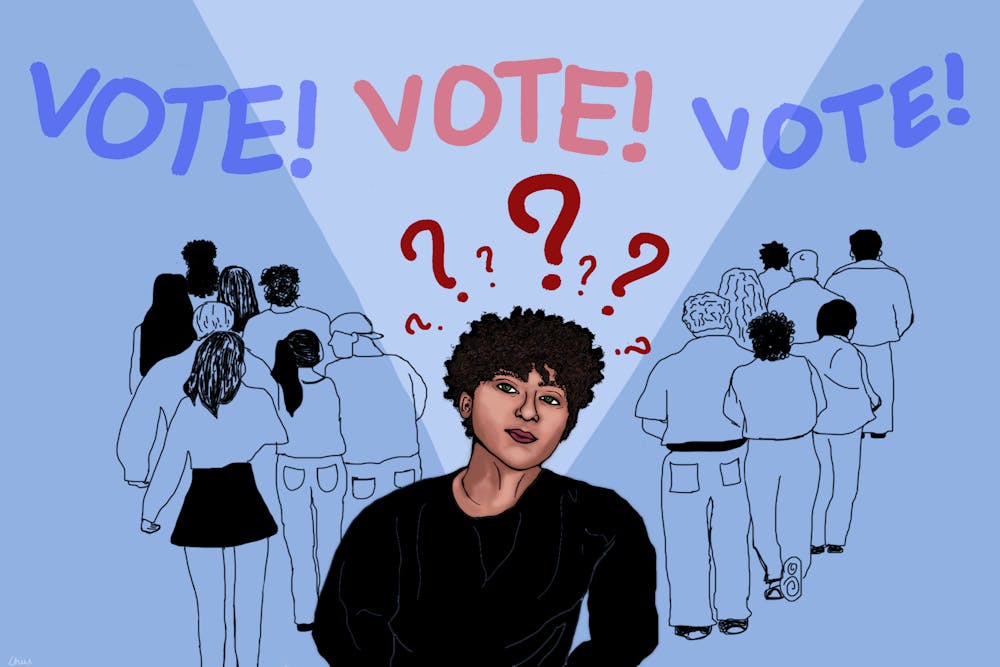When I pre-registered to vote at 16 years old in a crowded Department of Motor Vehicles while receiving my provisional driver’s license, I didn’t think much about the political party I chose. As the overworked employee listed the required questions about organ donation and eye color, when she reached voter registration, I said “unaffiliated” and went on with my day.
Unbeknownst to me at the time, I became part of the steadily increasing number of unaffiliated voters in North Carolina. Now, unaffiliated voters are the largest group of voters in the state.
While I didn’t think much about my selection three years ago, I’ve since learned that being an unaffiliated voter in North Carolina has its benefits. In fact, no political party might be the best party. As the 2024 primary election on Super Tuesday approaches, unaffiliated voters should know their power in N.C. primaries.
When it comes to elections, the primaries are often overlooked. Voter turnout just for the 2020 primary election in North Carolina was drastically lower compared to the general election. This is a recurring trend, with primaries attracting far less attention even in presidential election years. But primaries are important. After all, they determine the candidates who will appear on the general election ballot.
What further separates primaries from the general elections is who can vote in the primaries. Several states hold closed primaries, where only party-affiliated voters can vote. Some hold open primaries where voters can choose whichever ballot they wish, regardless of affiliation. Others leave the requirements up to the parties themselves.
North Carolina is one of seven states that allows unaffiliated voters to participate in any party’s primary but limit party-affiliated voters to their party’s ballot. Essentially, as an unaffiliated voter, you can select the ballot you wish to vote with on election day.
These voting laws allow unaffiliated voters in North Carolina to use our vote in the primaries far more flexibly than party-affiliated voters. In fact, they give little incentive to be affiliated with a party at all.
North Carolina’s congressional map was redrawn recently, creating gerrymandered districts. Now, many voters live in districts that may not represent them.
Being an unaffiliated voter in counties like those means that you can use your vote on either primary election ballots.



